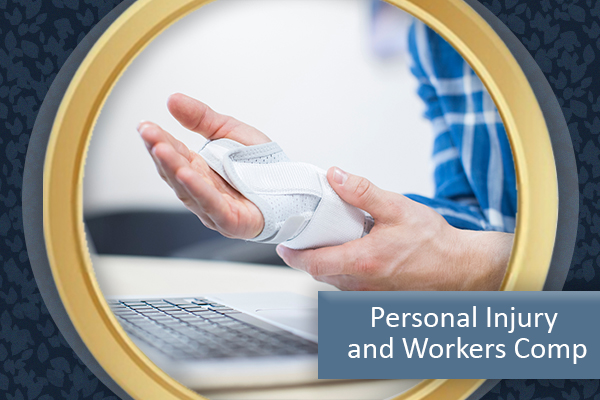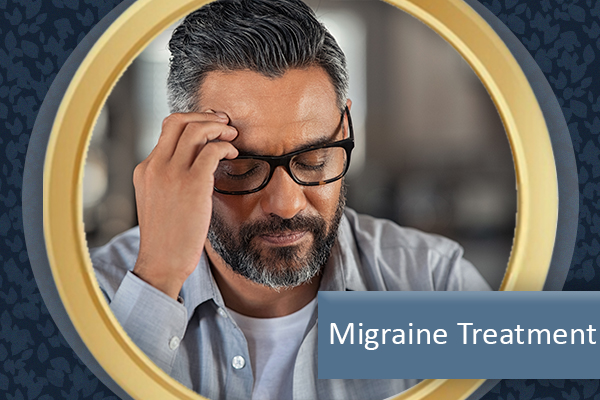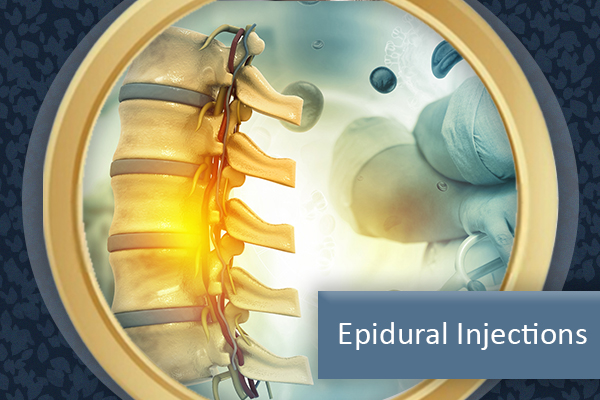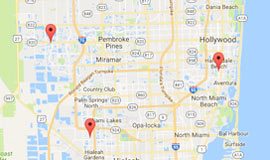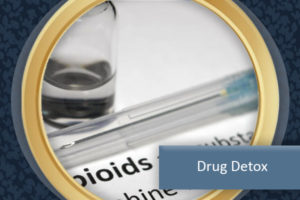 Opioid addictions are a chronic medical condition that creates hardwired chemical changes in your brain.
Opioid addictions are a chronic medical condition that creates hardwired chemical changes in your brain.
These changes can make you more susceptible to addictive habits and tendencies, which take much more than willpower to break free from.
This is due to the fact that when the brain is deprived of what it is addicted to, it can experience pain and produce anxiety-related symptoms to the rest of the body due to a lack of chemicals is it is now dependent on.
These symptoms are caused by chemical dependencies that the brain develops when addicted to a substance. It may be a long-term process, but medications and counseling can improve your chances of success.
There are two types of addiction that both require unique methods of treatment; addiction to medicinal drugs, and addiction to opioids. While these can sometimes be related if the drug in question is based on opioids, there are still unique factors between medicinal and non-medicinal addictions, mainly the severity of the addiction.
Dependence and Detox
Opioid addiction leads to real chemical changes in certain areas of your brain. Prescription drug addictions alter the circuits responsible for mood and reward behavior and cause them to be completely rewired, affecting other body systems as well. In addition, long-term prescription drug abuse affects almost all of these systems negatively and masks them from being able to function completely. When you cut off the opioid supply, you will get withdrawal symptoms such as:
- Large pupils detox
- Yawning
- Stomach pain
- Chills and goosebumps
- Nausea and vomiting
- Body aches
- Agitation
Opioid withdrawal can last for hours or up to several weeks, and it just depends on how long and how heavy the addiction was. After the intense initial symptoms subside, some physical and mental discomfort may linger for weeks, which is why it is important to seek professional help and support. Whether you are experiencing addiction from a medical case (which is usually less severe) or from personal opioid addiction, the treatment is the same. The only difference between the two cases is the difficulty and severity of symptoms associated with the process of the detox. You will undergo a careful regimen of medications that reduce addictive symptoms as well as a gentle tapering off of the addictive substance.
Treating Drug Addiction (Opioid and Nonopioid)
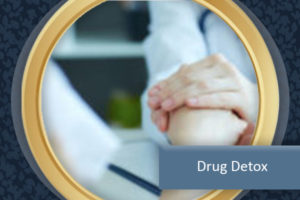 There are medications that can help you through opioid withdrawal and prevent recovery symptoms, and at the very least reduce them and the associated pain.
There are medications that can help you through opioid withdrawal and prevent recovery symptoms, and at the very least reduce them and the associated pain.
After the initial detox, you will be at the highest risk for relapse and experience the most severe symptoms.
Experts say psychological and social factors are the main drivers that could push you back to using, and without expert help and guidance you run a much higher risk of relapse.
Successful, lifelong therapy to stay opioid-free usually involves long-term medication with counseling and therapy programs. Going through our drug detox program can help you to make it through treatment without being in constant pain, and focus on bettering yourself and not the pain you are trying to beat.
Addiction is a serious disease, and treatment with our drug detox programs can make it an easier experience with results that will stick.
Common Questions about Drug Detox
What is drug detox?
Drug detox treats withdrawal symptoms when a person withdraws from drugs safely. It aims to clear one’s body of drugs consumed.
Addiction may develop if a substance dependency is not treated. At All-Pro Orthopedics & Sports Medicine in Florida, we provide drug detox to provide medication to reduce withdrawal symptoms.
What are withdrawal symptoms?
Withdrawal symptoms differ depending on the severity and type of addiction. There are several withdrawal symptoms, including cravings, nausea, chills, constipation, diarrhea, trembling, seizures, changes in appetite, irritability, mood swings, restlessness, and abnormal behavior.
What are the signs that I am dependent on drugs?
Drug dependence symptoms vary from person to person and depend on the substance abused. You might need drug detox depending on the severity and number of symptoms of addiction you exhibit.
Here are some signs you might have a dependence or addiction:
- Increased tolerance
- Symptoms of withdrawal
- Changes in appetite
- Being unable to stop substance use
- Taking larger doses to circumvent tolerance
Drug dependence or addiction can also affect one’s personal and professional life. If left untreated, it may destroy lives. That is why a drug detox program is essential to improve one’s quality of life.
What are the types of dependence or addiction?
Prescription drug addiction and opioid addiction require different treatment approaches.
An opioid is a medication that decreases the number of pain signals the body sends to your brain and changes how your brain responds to pain. Addiction to opioids results in chemical changes in certain parts of the brain.
Some people become dependent on prescription medicines, such as benzodiazepines, barbiturates, and antidepressants. Addiction to prescription drugs rewires the brain’s circuitry for mood and reward behavior. It also affects other organs as well.
How does drug detox work?
The process of drug detoxification is necessary for anyone who has become physically dependent on a substance. Here at All-Pro Orthopedics & Sports Medicine in Florida, our drug detox program begins with a clinical assessment, asking our patients about their drug use history and health. Detoxification and withdrawal follow, followed by a comprehensive treatment program.
How long will detox last?
Depending on how long and heavy the addiction is, opioid withdrawal can last for hours or weeks. It is crucial to seek professional help after the intense initial symptoms subside, as some physical and mental discomfort may persist for weeks.
A person’s detoxification process can take a variety of lengths, depending on the type of drug, how long they have been taking it, and other factors related to substance use history.




